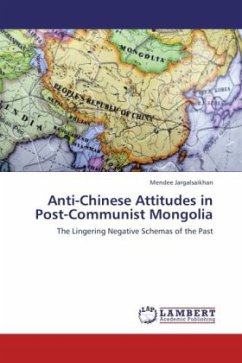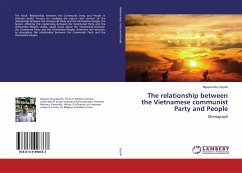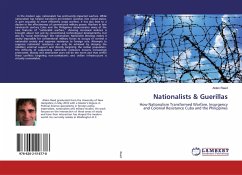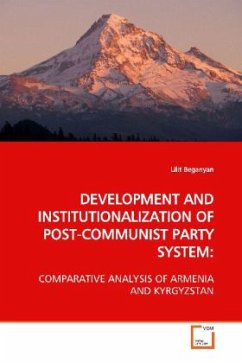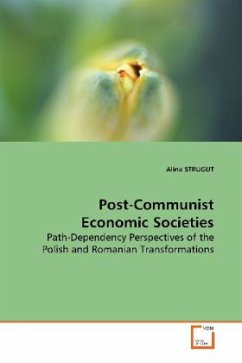
Revival of Nationalists Politics in Post-Communist Poland
Institutionalization of the German Minority Movement, 1989-2000
Versandkostenfrei!
Versandfertig in 6-10 Tagen
52,99 €
inkl. MwSt.

PAYBACK Punkte
26 °P sammeln!
This study is a case study of ethnic mobilization of indigenous population of Silesia, Warmia and Mazuria as a German minority in Poland. It follows the general analytical structure elaborated by Rogers Brubaker and addresses a broader area of domestic politics with emphasis on contingency and variability of the relationship between nationalizing states, national minorities, and their external homelands; examines the forces that have contributed to ethnic mobilization in the aftermath of the dissolution of communism, and the evolution and trajectory of nationalist demands in the reconfigured p...
This study is a case study of ethnic mobilization of indigenous population of Silesia, Warmia and Mazuria as a German minority in Poland. It follows the general analytical structure elaborated by Rogers Brubaker and addresses a broader area of domestic politics with emphasis on contingency and variability of the relationship between nationalizing states, national minorities, and their external homelands; examines the forces that have contributed to ethnic mobilization in the aftermath of the dissolution of communism, and the evolution and trajectory of nationalist demands in the reconfigured political space. It contributes to the growing body of knowledge about the different dynamics of ethnic mobilization processes taking place in Central and Eastern Europe. The case of the German minority in Poland belongs to a sub-group of ethnic mobilization that takes place in cultural borderlands where national identities are fluid. The example of the German minority in Poland presents a compelling case of how a predominantly regional ethnic identity becomes transformed into a movement for national recognition.



